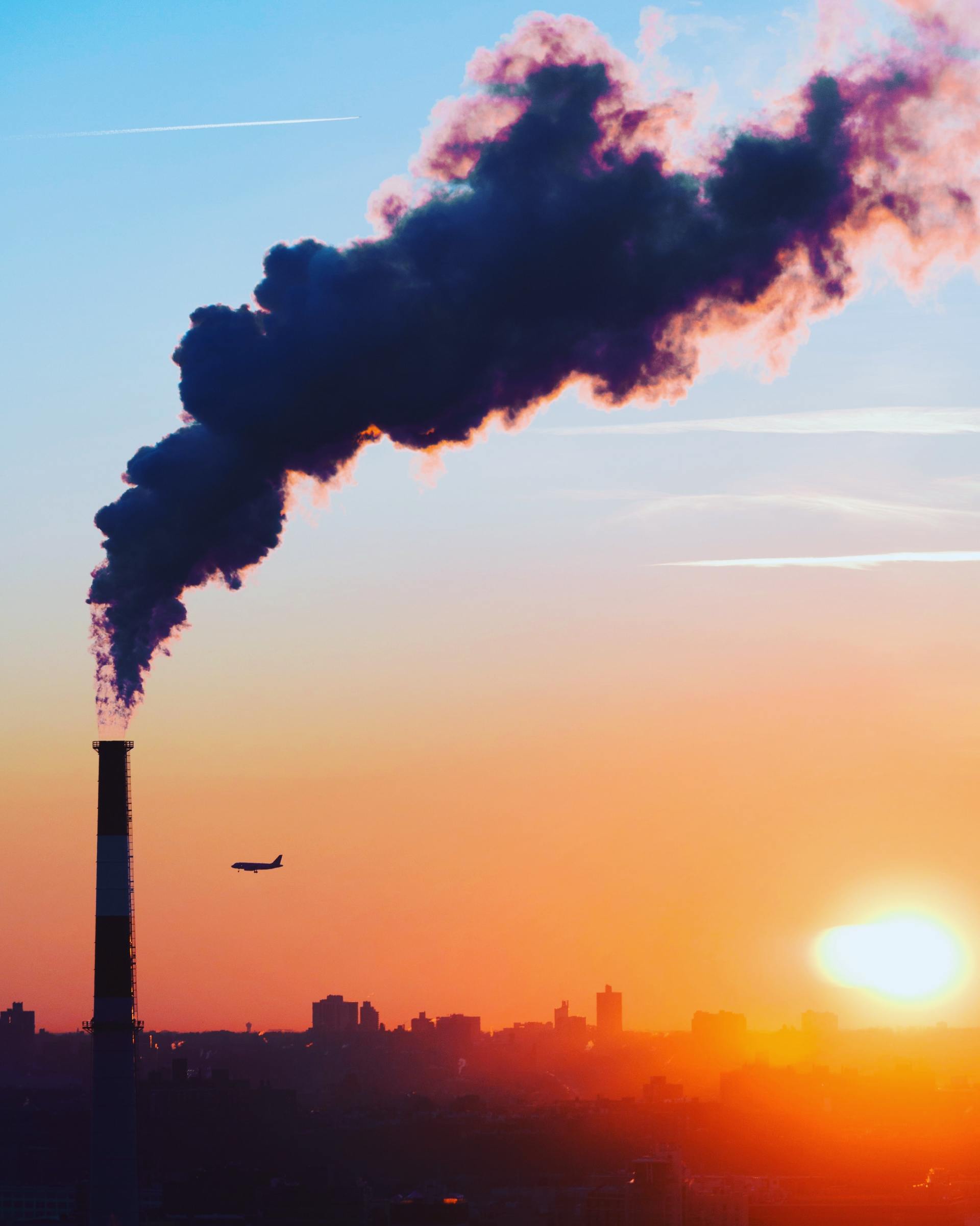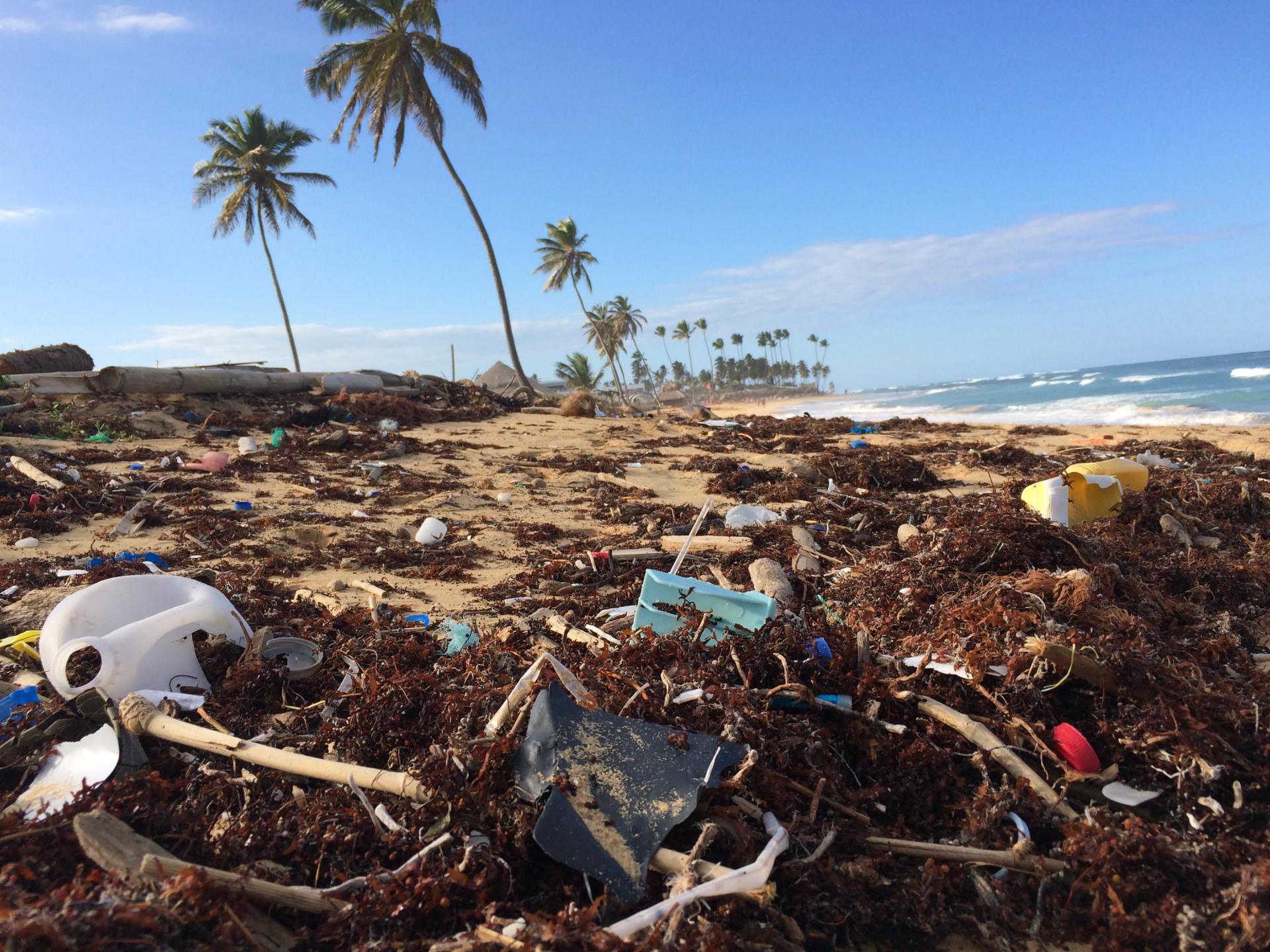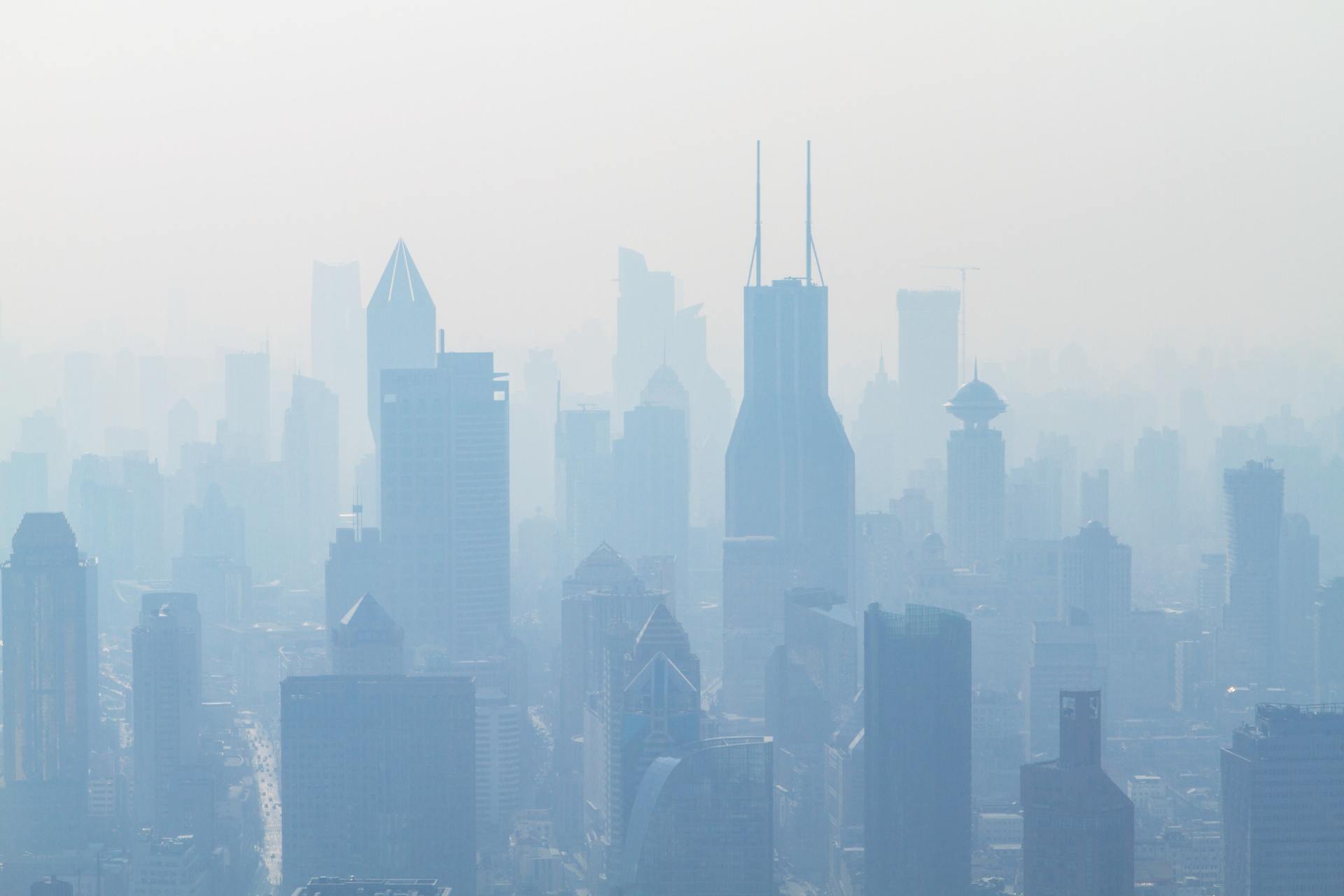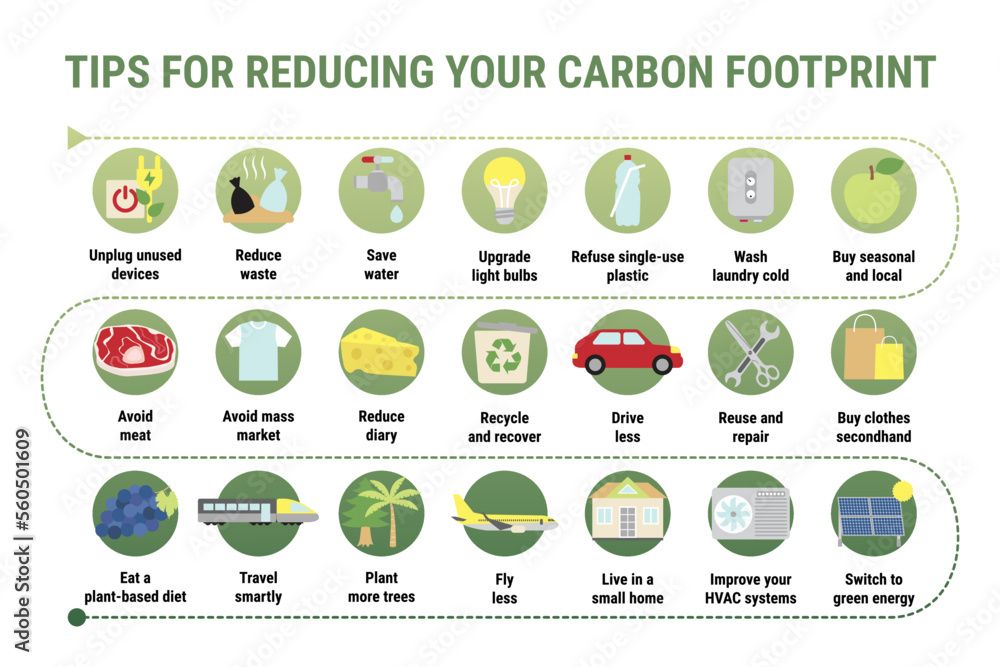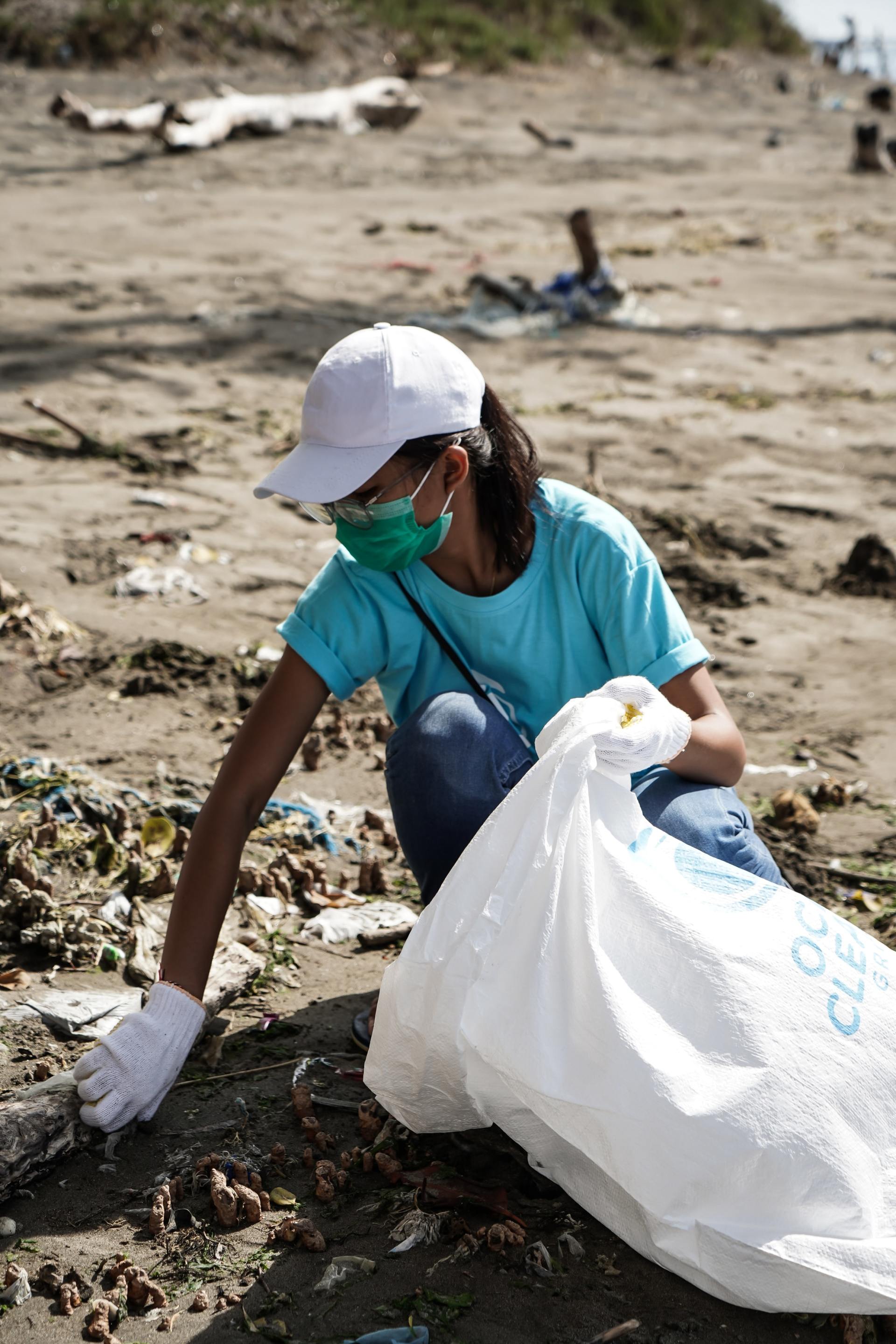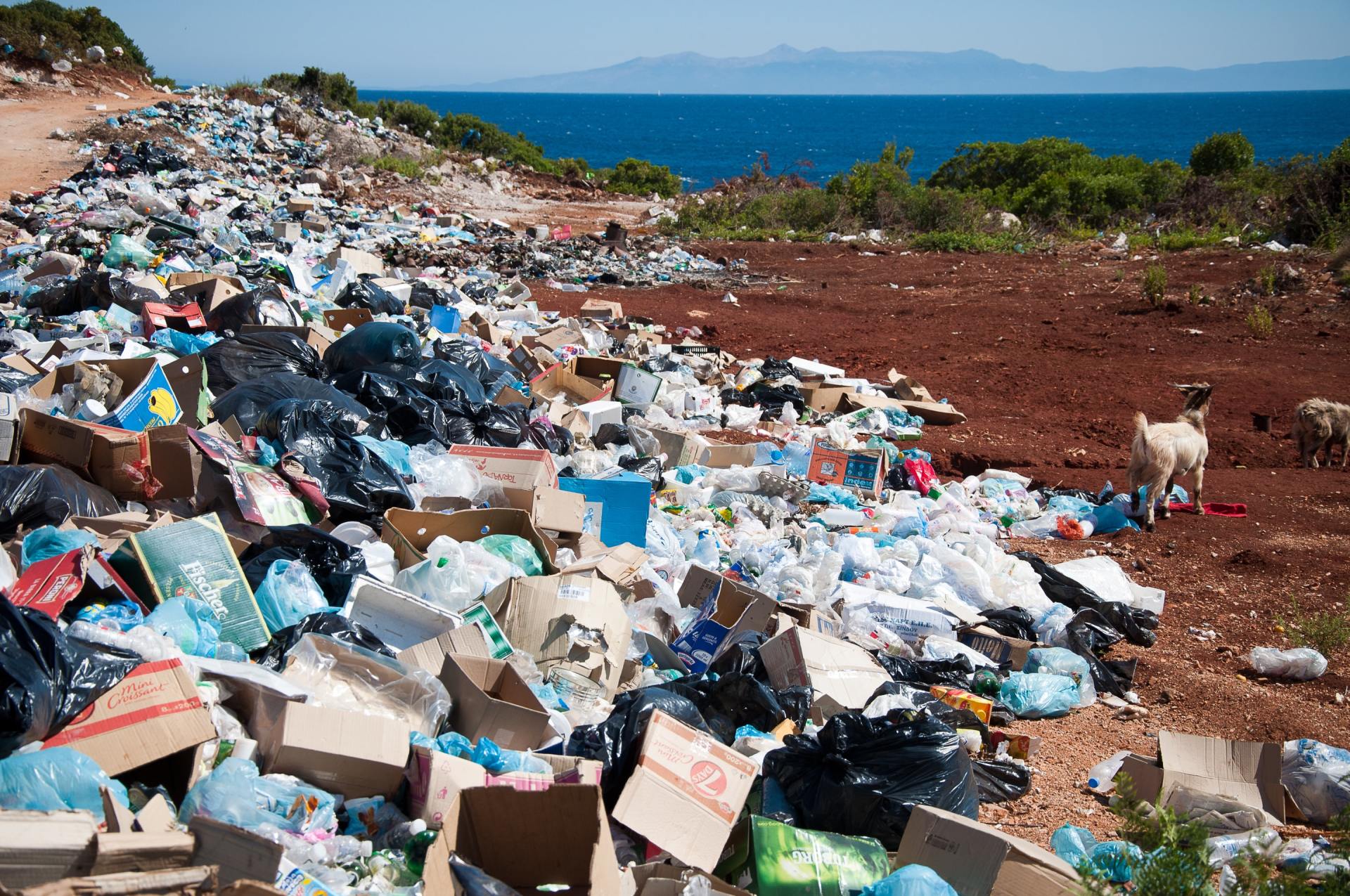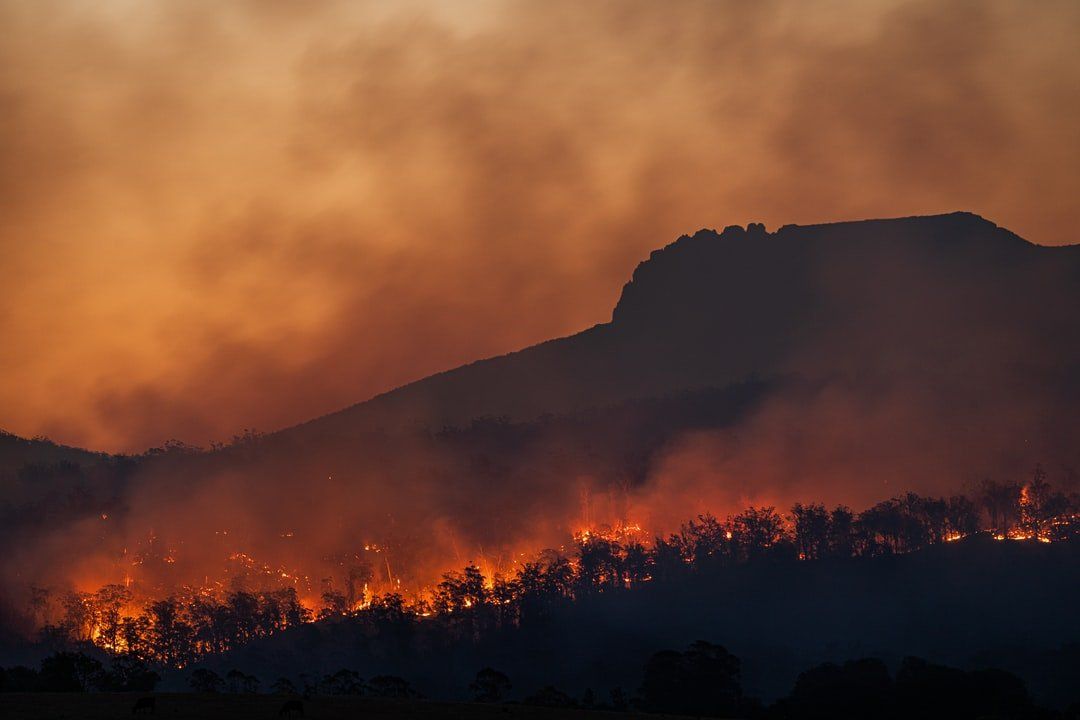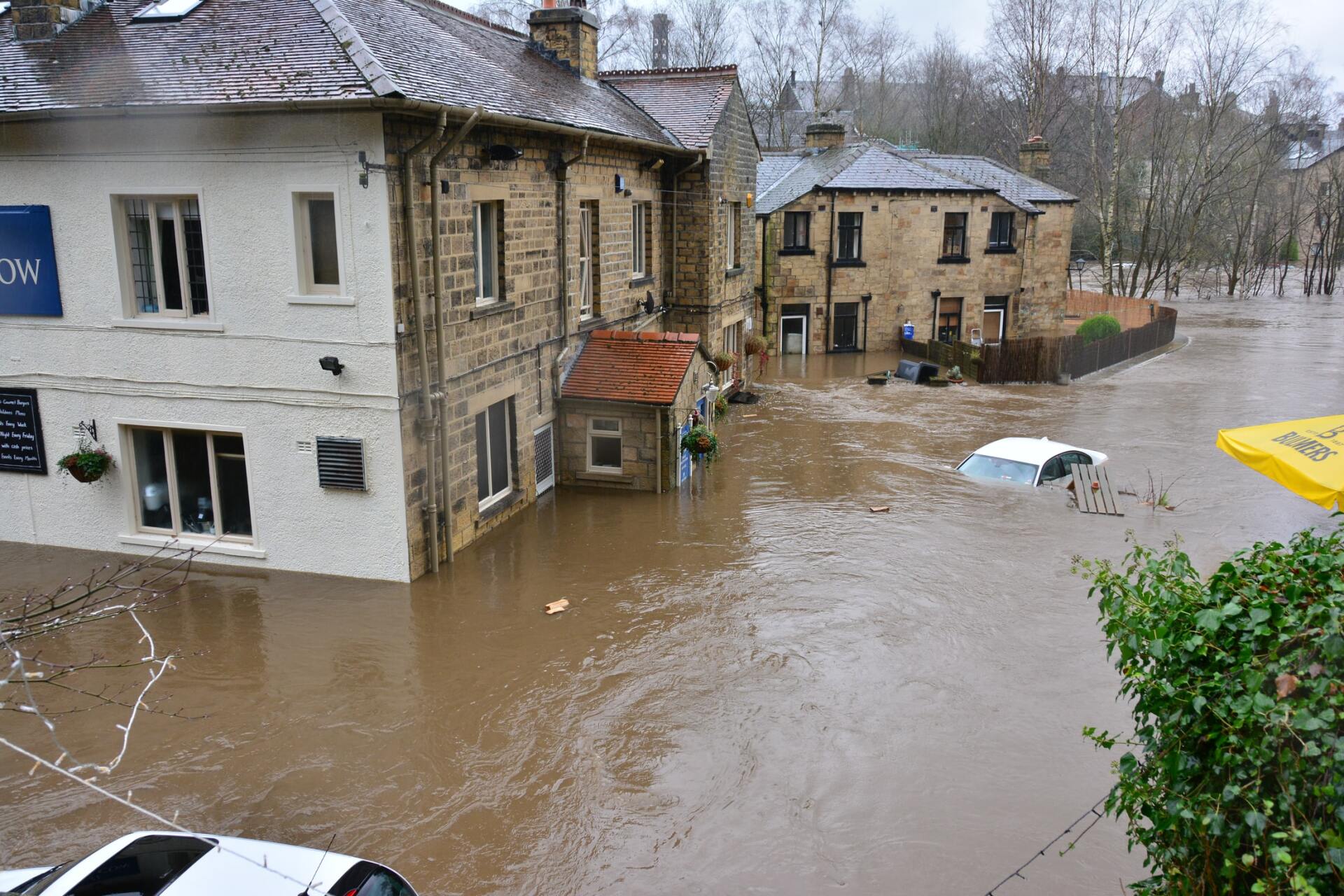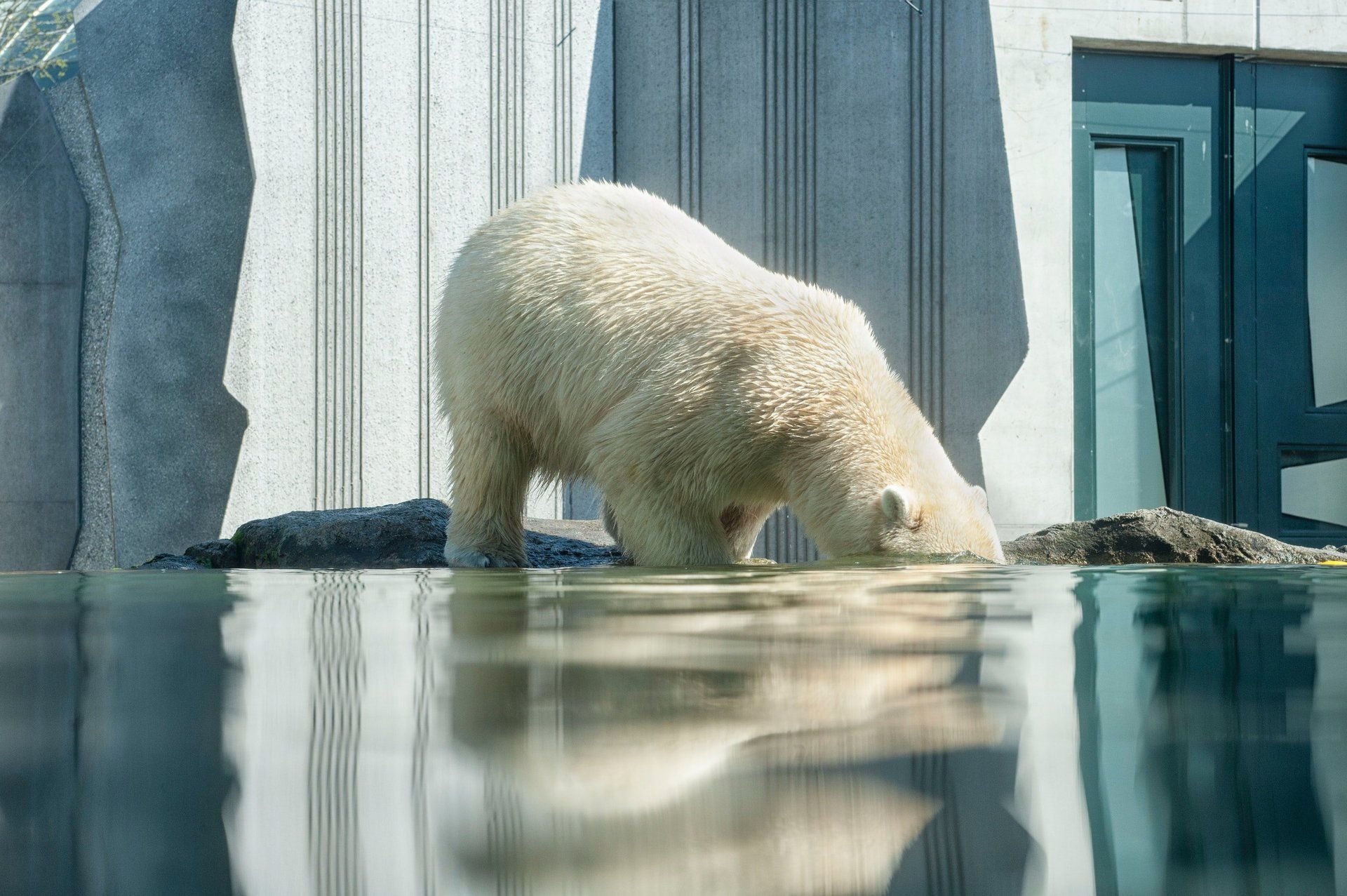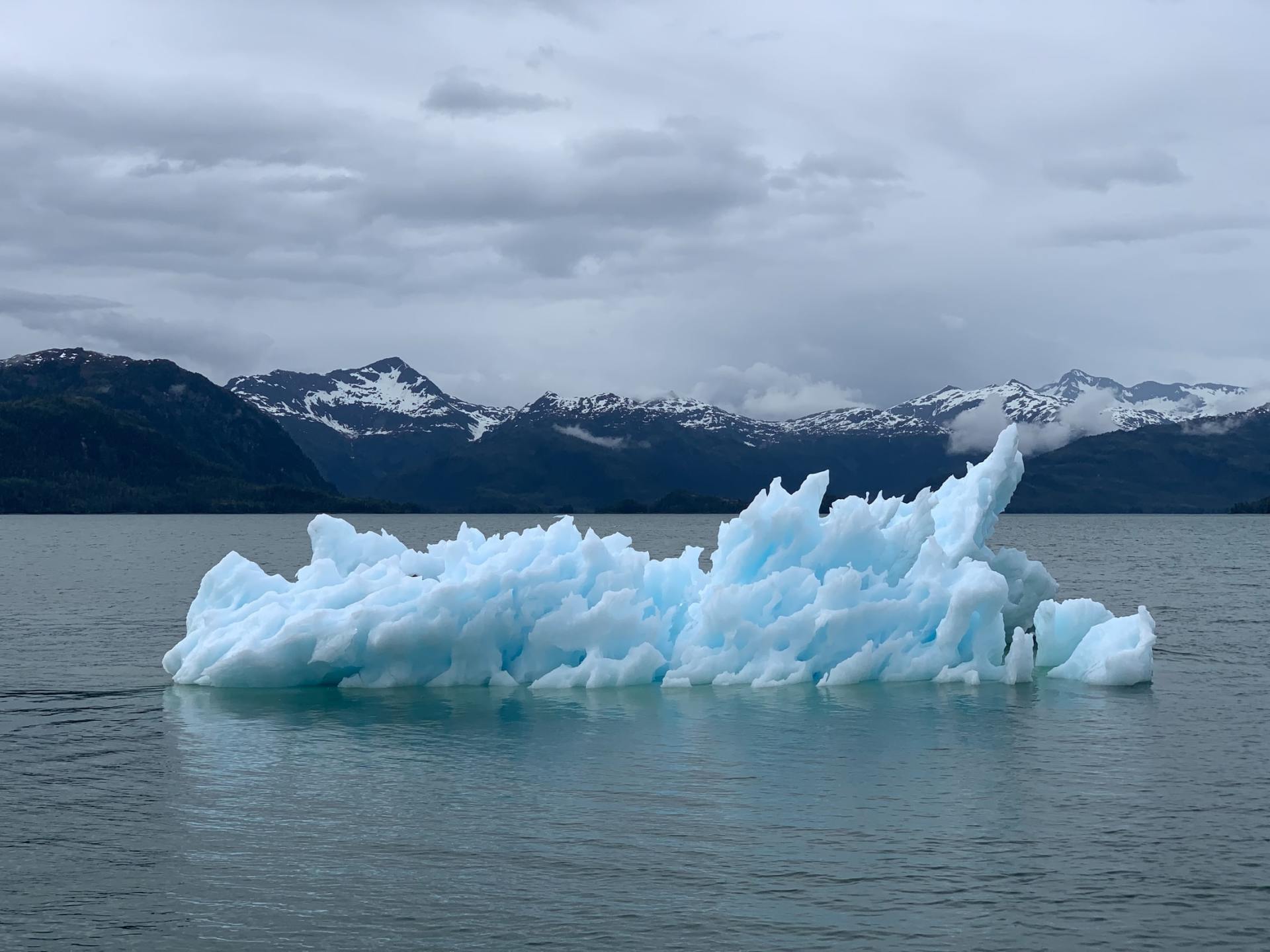Reducing our Co2 Footprint

Here's a few little tips that we followed as we began our journey to help the planet and become Carbon Neutral.
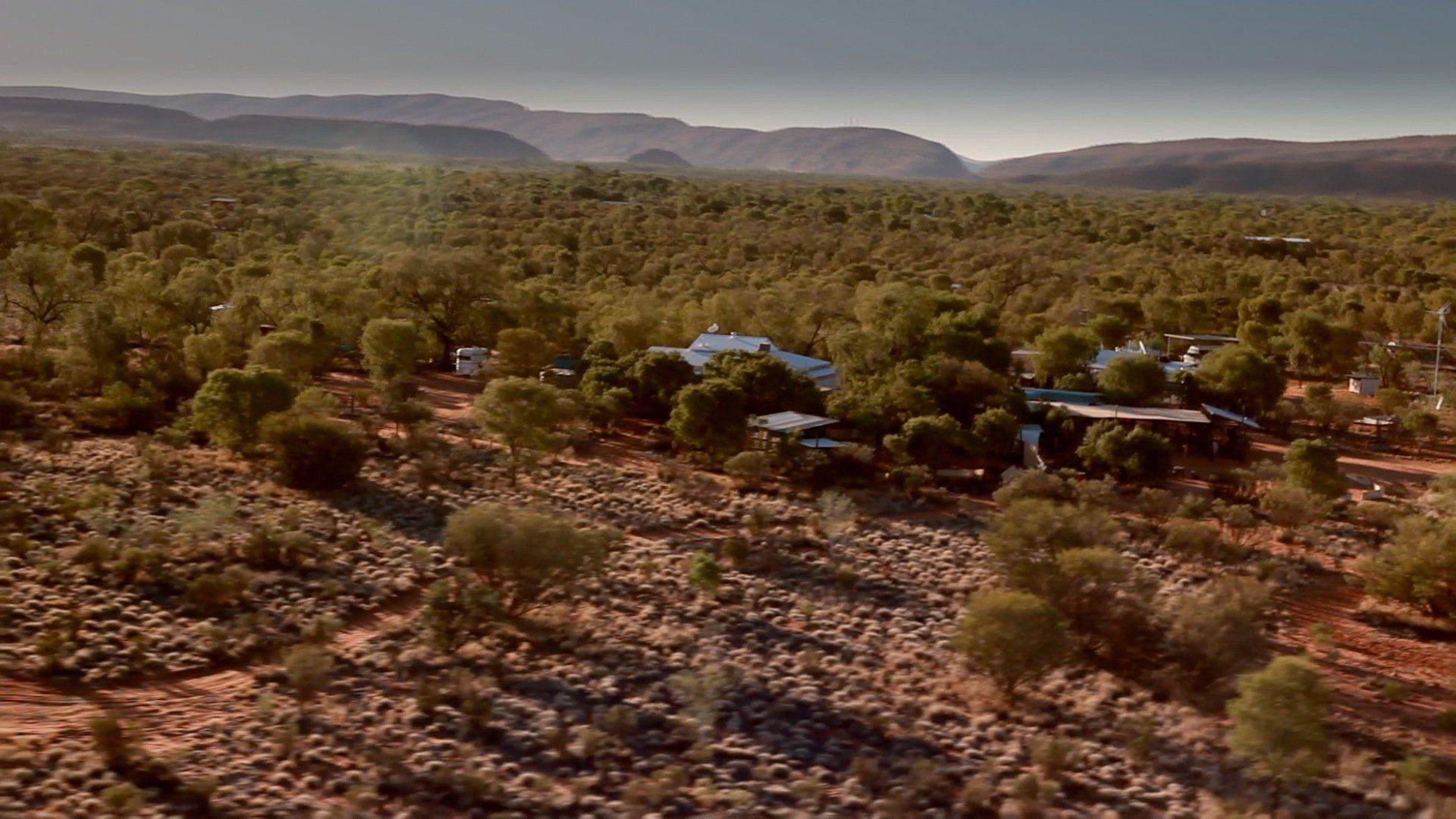
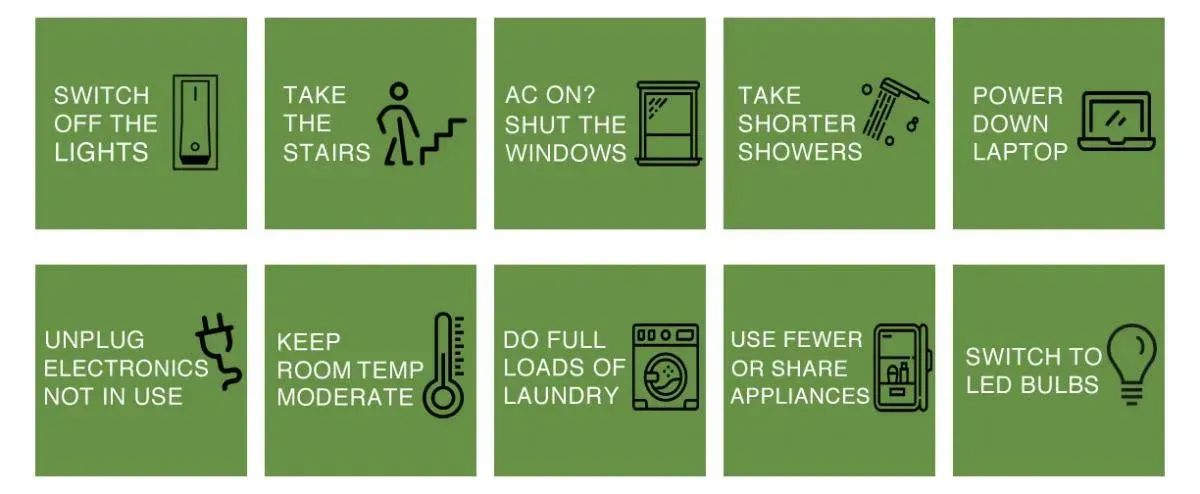
Our Challenge Becoming Co2 Neutral
- Switch it Off
Turn off the lights when natural light is sufficient and when you leave the room. It’s that simple! - Climate Control
Keep your temperature system on a moderate setting while you’re in the room. - Wasteful Windows
Use your windows wisely! If your climate control system is on, shut them…if you need a little fresh air, turn off the heat or AC. - Minimize Plug Load
Cut down the number of appliances you are running and you will save big on energy. For example, share your minifridge with room mates and minimize the number of printers in your office. - Phantom Power
Did you know that many electronics continue using energy even when powered down? This is true of any charger, television, printer, etc. Use a power strip to easily unplug these electronics when not in use. - Give it a Rest
Power your computer down when you’re away. A computer turned off uses at least 65% less energy than a computer left on or idle on a screen saver. - Take the Stairs
Use the stairs as often as possible. Elevators consume electricity. You, on the other hand, do not. - Loaded Laundry
Only do full loads of laundry and use the bright colours cycle whenever possible. - Shorter Showers
Try to take shorter showers. The less hot water you use, the less energy is needed to heat the water. - Switch to CFLs
Compact fluorescent light bulbs (CFLs) use 75% less energy than incandescent and last up to 10 times longer.
A few more tips…
- Conserve Paper
Print and copy on two sides, save single-sided pages for notes, and print only what you need. - Recycle
Take a few steps to a recycling center in your building to deposit aluminum cans, plastics, glass, office paper, newspaper, cardboard. Pickup of office electronics, bulk metal and surplus furniture can be arranged by contacting Facilities Work Management. - Promote Reuse
Donate used cell phones and chargers, furniture clothing and cleaning and school supplies. - Get a Little Exercise
Consider walking or riding a bike to campus if the distance is reasonable. Walk from you bus or subway stop to your office or lab. Faculty and staff carpoolers pay reduced or no fee to park on campus, depending on size of carpool.
This is what we want to prevent?
There are plenty of examples of how human intervention can be devastating to an ecosystem.
Lets get to work!
WE REMINDED OUR SELVES EVERY DAY: THINK GLOBALLY, ACT LOCALLY!
1. The worst impacts of climate change could be irreversible by 2030
In its 2018 special report on Global Warming of 1.5°C, the United Nations Intergovernmental Panel on Climate Change (IPCC) warned that we only have twelve years to prevent the worst impacts of climate change. The year 2020 is now only two months away — leaving us just a decade to halve our emissions to avert the worst climate impacts— yet little has changed regarding our release of greenhouse gas emissions.
In 2017, carbon emissions increased globally by 1.7 percent. In 2018, they increased further, up 2.7 percent from the year before. And 2019 is expected to have one of the highest rates of increase on record.
The U.N. climate report and subsequent reports have warned us that global carbon pollution must be cut in half in the next 10 years for us to avoid catastrophic, irreversible damage to our planet. And yet we’re going in the opposite direction. That’s terrifying.
“We’ve wasted the three decades since we were first warned by scientists that the climate was changing in perilous ways,” Bill McKibben, co-founder and senior advisor of 350.org, said in an Earth Day Network press call on October 22 — the beginning of the six-month countdown to Earth Day 2020. “Earth Day 2020 marks the beginning of the last crucial decade.”
2. The 20 warmest years on record have been in the past 22 years
The World Meteorological Organization (WMO) has compounded the research released in the 2018 IPCC report, stating that 20 of the warmest years on record have occurred in the last 22 years.
“The long-term temperature trend is far more important than the ranking of individual years, and that trend is an upward one,” WMO Secretary-General Petteri Taalas stated in a press release. “The degree of warming during the past four years has been exceptional, both on land and in the ocean.”
The years 2015, 2016, 2017 and 2018 had the highest temperatures since 1880, and 2019 is keeping pace to be another record year.
Are you scared for our future, yet?
3. More than 1 million species are at risk of extinction by climate change
Half of all amphibians are at risk of extinction due to climate change — so this could soon be a reality if we don’t act soon.
Extinction is a natural phenomenon, claiming about five species per year. But some experts suggest we’re in the midst of the sixth mass extinction — one that is caused mostly by human activity.
Scientists estimate dozens of species of plants and animals currently go extinct each day —nearly 1,000 times the natural rate. By mid-century, as many as 30 to 50 percent of the total species found on Earth will have disappeared.
Allowing this to continue is “a crime equivalent to tossing books from the Library of Alexandria thoughtlessly into a fire, erasing the shared inheritance of all mankind,” according to the National Institute of Environmental Health Science in a reviewfrom 2009.
Species diversity is crucial for ecosystem resilience, and without it, ecological communities will not have the strength to withstand change — especially not the change we’re throwing at them.
4. Climate change is already happening, and it’s detrimental to human life, too
Rising temperatures — coupled with a growing number of people in cities and an increasing population of elderly— have increased heat-related deaths, according to a 2018 study in The Lancet.
The report concluded that the lack of adaptive capacities and effort toward reducing emissions threatens human lives and the national health systems people rely on, by pushing services to their limit and disrupting core infrastructure.
But hyperthermia is not the only risk climate change brings to human life. Higher temperatures worsen air quality, negatively affect crop production, increase the spread of infectious diseases and threaten freshwater deposits.
A warming world also increases the intensity of natural disasters.
While instances of wildfires have decreased over the years, according to the WMO, the burn area and intensity of fires have increased. Wildfires are currently ripping through California — claiming more than 94,000 acres of land, 129 million trees and displacing 200,000 people to date in the San Francisco Bay Area .
Hurricanes are reaching new extremes, too. The frequency of high intensity hurricanes — ranked as categories 4 and 5 — has increased over the last 30 years. It has become immensely more difficult to escape these storms unscathed, and it will only get harder in the future.
Have you noticed that the Halloween season doesn’t feel the same either? If we can’t wear a full costume without sweating then something is wrong, right?
That’s because climate change is shifting the seasons. Falls, winters and springs are growing shorter, while summer extends into the supposedly cooler months. North American winters are losing snow and ice as a result — making prime ski destinations, well, not prime.
5. Many leaders still aren’t taking it seriously
The world has been aware of climate change since the IPCC formed in 1988. Scientists and the public rallied around environmental policy.
The United States, for example, is the second leading emitter of greenhouse gases behind China and the leading emitter per capita.
China continues to build coal-fired power stations despite investing in alternative energy sources like solar and wind. The United Kingdom, while an ambitious global leader in climate change policy, is reducing its targets for cutting emissions.
Generation for Change
Younger generations are taking matters into their own hands and striking for the climate. They’re skipping school completely to plead for an end to inaction toward climate change.
“Together and united, we are unstoppable,” Thunberg said at a rally in New York City. “This is what people power looks like. We will rise to the challenge. We will hold those who are most responsible accountable. We can, and we will.”
Earth Day 2020 will be the largest global mobilization for the environment in history. EARTHRISE plans to ignite intergenerational support of the movement planned for April 22, 2020 — combining a half century worth of action with the passionate demands of today’s youth activism. Join the movement.
5. Overfishing: It's difficult to put a number on overfishing because most of the ocean is still unexplored, but it's estimated that anywhere from 60 to 90 percent of the ocean has been overfished or is on the verge of collapse.
There are so many of us on the planet now that it's almost impossible not to have an impact on the world around us. What sort of impact will this loss of biodiversity have on us?
https://interestingengineering.com/9-ways-to-prevent-biodiversity-loss-and-what-causes-it



